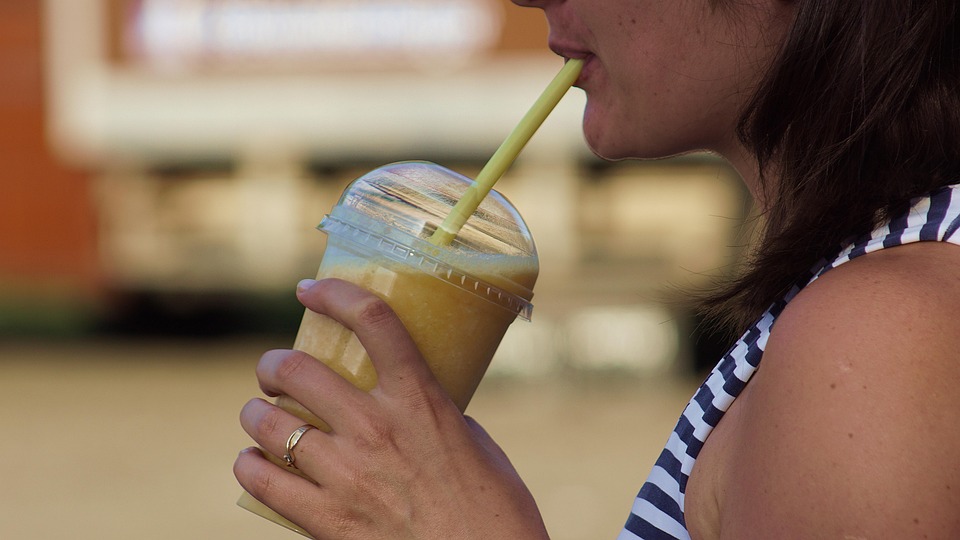The Evolution of Food Truck Festivals: Engaging Communities and Driving Sales
Food truck festivals have become increasingly popular over the years, with more and more communities hosting these events to bring people together and offer a wide variety of delicious dishes. In this report, we will explore the evolution of food truck festivals, how they engage communities, drive sales for vendors, and contribute to the overall food industry landscape.
The Rise of Food Truck Festivals
Food trucks have been a staple in American culture for decades, serving up quick and tasty meals on the go. However, it wasn’t until the early 2000s that food truck festivals started to gain traction. These events brought together multiple food trucks in one location, giving attendees the opportunity to sample a diverse range of cuisines in a fun and festive atmosphere.
One of the earliest and most well-known food truck festivals is the LA Food Fest, which launched in 2009 and has since grown to become one of the largest food festivals in the country. The success of events like the LA Food Fest inspired other cities to host their own food truck festivals, leading to a proliferation of these events across the nation.
Engaging Communities
Food truck festivals have proven to be an effective way to engage and bring communities together. These events often feature live music, games, and other entertainment options, creating a lively and vibrant atmosphere that appeals to people of all ages. In addition, food truck festivals provide a platform for local food entrepreneurs to showcase their culinary talents and connect with customers in a more personal way.
Many food truck festivals also partner with local charities and organizations to give back to the community. This can include donating a portion of proceeds to a specific cause, hosting food drives, or raising awareness for important social issues. By aligning themselves with community initiatives, food truck festivals are able to foster a sense of goodwill and make a positive impact beyond just serving delicious food.
Driving Sales for Vendors
Food truck festivals are not only a great way to engage communities, but they also serve as a valuable sales opportunity for food truck vendors. These events attract large crowds of hungry patrons looking to sample new and exciting dishes, providing vendors with a prime opportunity to showcase their menu offerings and generate buzz for their businesses.
According to industry data, food truck vendors can see a significant boost in sales during food truck festivals, with some vendors reporting a 30-50% increase in revenue compared to a typical day of operation. The exposure gained from participating in these events can also lead to repeat customers and increased brand recognition, further driving sales for vendors in the long run.
Industry Insights
The food truck industry has experienced steady growth in recent years, with more entrepreneurs entering the market and diversifying the types of cuisine available. According to the U.S. Chamber of Commerce, the food truck industry generates an estimated $2.7 billion in revenue annually, with projections indicating continued growth in the coming years.
In addition to traditional food truck festivals, some cities have also started to host themed events that cater to specific culinary interests, such as vegan food truck festivals, dessert festivals, and craft beer and food pairings. These specialized events attract niche audiences and provide vendors with the opportunity to target a more specific customer base.
Overall, food truck festivals play a crucial role in the evolution of the food industry, offering a unique and engaging experience for communities while driving sales for vendors and contributing to the overall growth of the industry.
In conclusion, the evolution of food truck festivals has had a significant impact on the food industry landscape, engaging communities, driving sales for vendors, and showcasing the diverse culinary talents of food truck entrepreneurs. As these events continue to grow in popularity, they will undoubtedly play a key role in shaping the future of the food industry for years to come.

